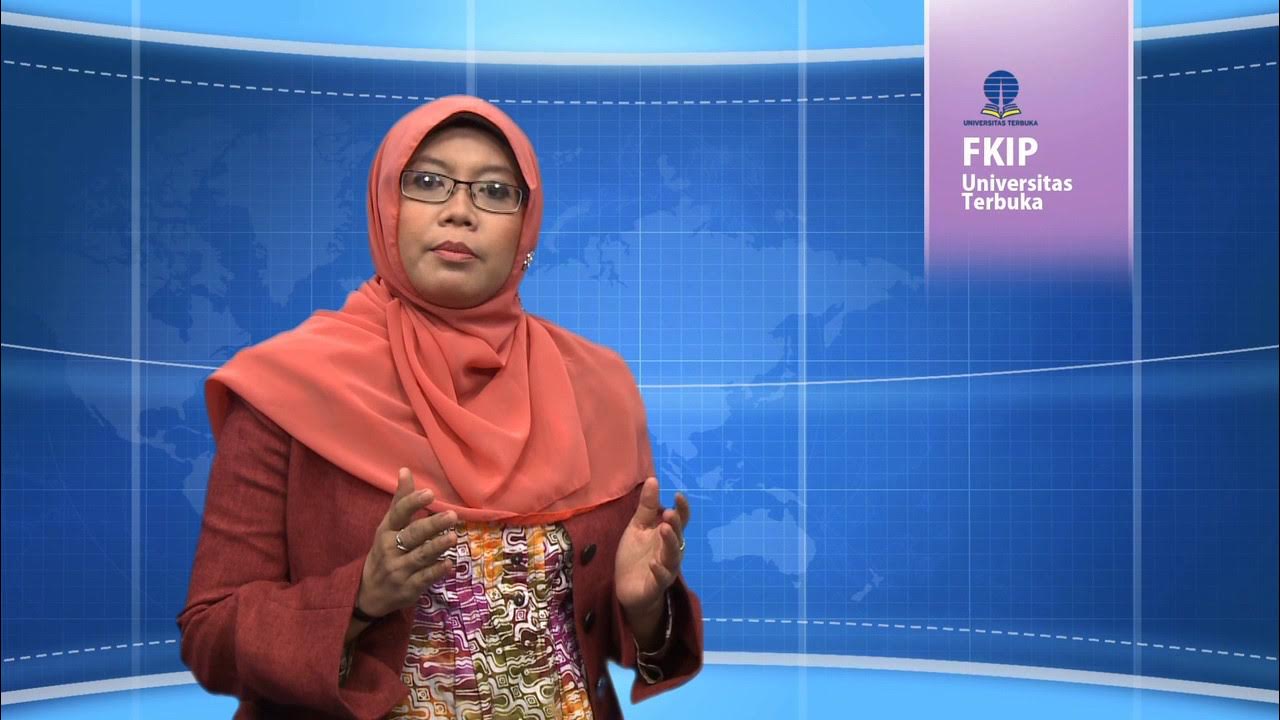Kleine Sprachwunder: Wie Kinder eine Sprache lernen | 2020
Summary
TLDRThe script explores the fascinating process of language acquisition in children, detailing their development from simple sounds to complex speech. It highlights the role of neuroscience and linguistics in understanding how infants are surrounded by language even before birth, and how they quickly learn to communicate through crying and imitating sounds. The script also discusses the cognitive development involved, emphasizing the brain's incredible ability to form connections and the importance of allowing children to make mistakes as they learn, just like adults. It concludes by encouraging viewers to enjoy understanding the complexity of language learning and applying it in their own lives.
Takeaways
- 👶 Children are linguistic wonders, developing from babbling to complex language patterns.
- 🧠 The process involves various scientific disciplines, including linguistics and neuroscience.
- 👂 Even in the womb, fetuses can perceive voices, music, and environmental sounds, indicating early exposure to language.
- 🗣️ Babies begin to communicate through crying, which strengthens their vocal cords and is a precursor to language learning.
- 👂 Infants as young as two months can differentiate between different sounds and tones.
- 🔍 By six months, babies start to filter out specific syllables and sounds from the speech they hear.
- 🌐 Regardless of language, children universally learn certain sounds like 'ma' and 'ba', even deaf children imitate these sounds.
- 🧬 The brain makes an incredible number of connections as children learn language, with areas being activated and linked through neural connections.
- 🧠 The brain's cognitive system is sophisticated enough to form meaningful words from sounds by a few months of age.
- 👨🏫 Language learning is not just about verbal communication but also expressing emotions, desires, and ideas.
- 🧑🔬 The process of language learning in children is complex and involves the maturation of the brain and neural growth, particularly in the first two years of life.
Q & A
How do children develop language skills?
-Children develop language skills from simple sounds to complex patterns of words, sentences, meanings, and emotions. This development involves various scientific disciplines and is a complex process that starts even before birth.
What can a fetus perceive in the womb regarding language?
-A fetus can perceive voices, music, and environmental noises while in the womb, indicating that language exposure begins even before birth.
How do babies communicate before they can speak?
-Babies initially communicate through crying, which strengthens the vocal cords and is a necessary step for them to express themselves before they can speak.
At what age do infants start to differentiate sounds?
-Infants start to differentiate sounds and produce different tonalities at around two months of age.
What is the significance of the sixth month in language development?
-Around the sixth month, infants begin to filter out certain syllables and sounds from the spoken sentences they hear, starting to connect these sounds to real objects.
Do deaf children also go through a phase of language development?
-Yes, deaf children also go through a phase of language development, imitating sounds even though they cannot hear them.
How does the brain develop in relation to language learning?
-The brain makes an incredible number of connections as children learn language, with areas being unlocked through neural connections. It's not just about the traditionally defined 'language centers' of the brain.
What is the role of the Wernicke's area in language learning?
-The Wernicke's area is significantly involved in language learning, but it's not the only area responsible. It's part of a network that includes visual, tactile, and auditory inputs.
At what age can children typically say their first words?
-Children can typically say their first words between the tenth and twelfth month of life, often starting with 'mama' and 'papa'.
How does language learning progress beyond the first words?
-Language learning progresses as children develop a concrete system of words and concepts, their sentences get longer, and they start using adjectives, all while their vocabulary grows.
Is grammatical correctness important in early language learning?
-Grammatical correctness is not the primary focus in early language learning. Children, and even adults learning a new language, should be allowed to make mistakes as part of the natural learning process.
What is the cognitive performance of the brain related to language learning?
-The cognitive performance of the brain involves sorting and copying sounds and words heard repeatedly. This ability is developed unconsciously, similar to how children learn.
Outlines

This section is available to paid users only. Please upgrade to access this part.
Upgrade NowMindmap

This section is available to paid users only. Please upgrade to access this part.
Upgrade NowKeywords

This section is available to paid users only. Please upgrade to access this part.
Upgrade NowHighlights

This section is available to paid users only. Please upgrade to access this part.
Upgrade NowTranscripts

This section is available to paid users only. Please upgrade to access this part.
Upgrade Now5.0 / 5 (0 votes)





